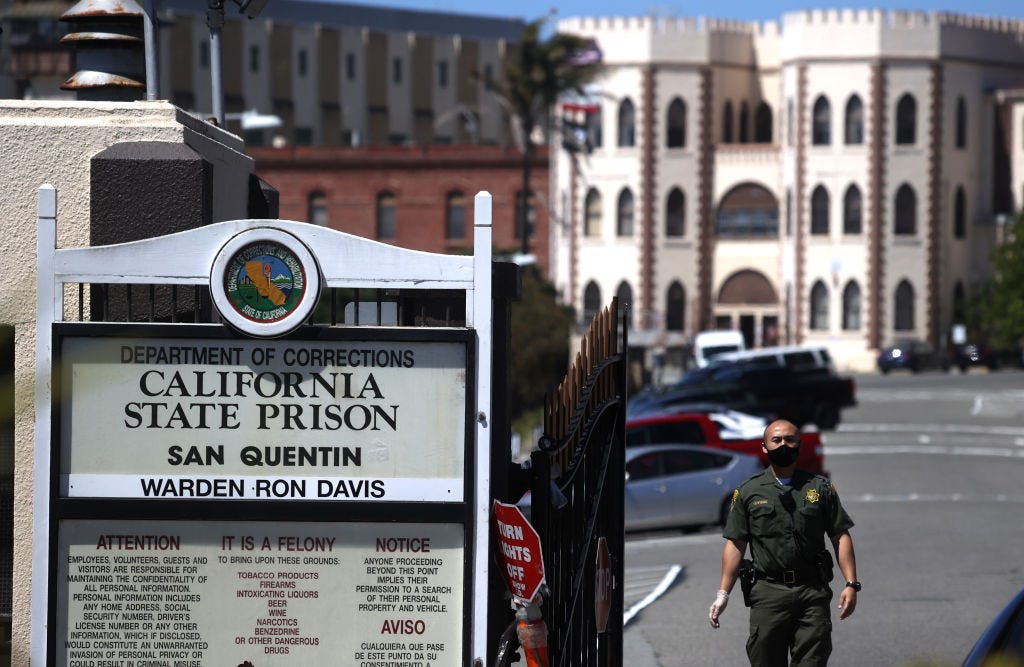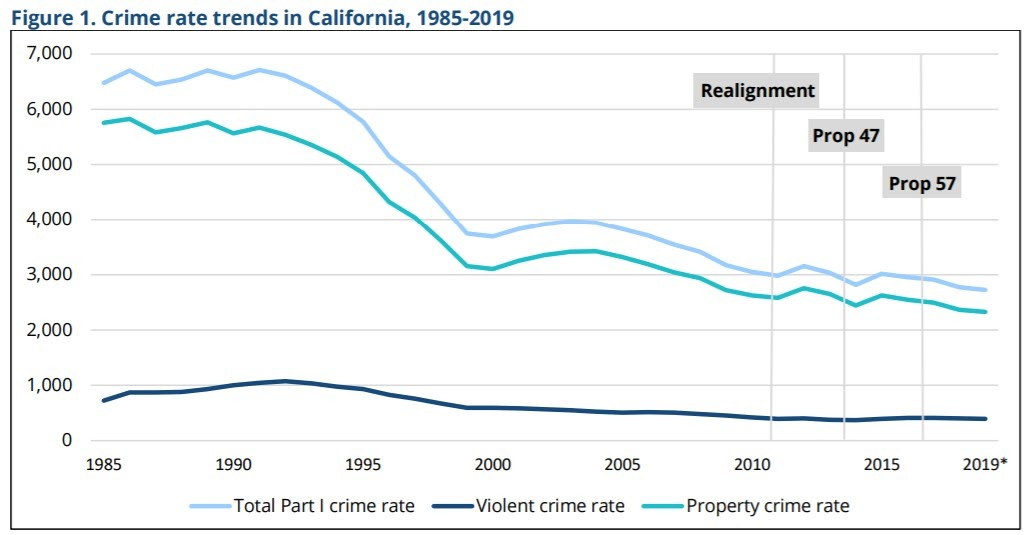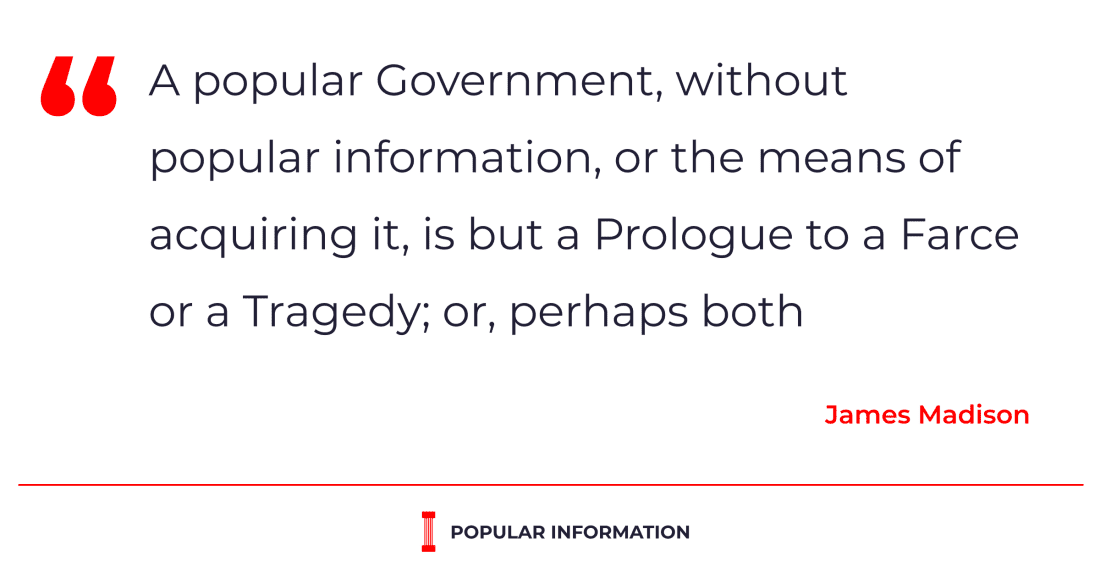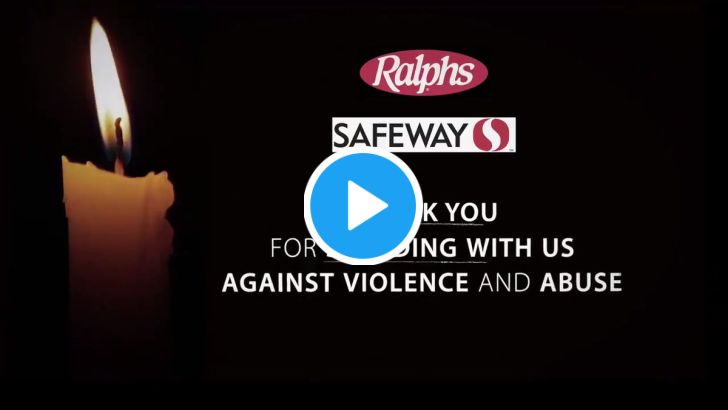Three corporations backing a California initiative to incarcerate more people

San Quentin State Prison on June 29, 2020 in San Quentin, California (Photo by Justin Sullivan/Getty Images)
The senseless murders of George Floyd, Breonna Taylor, and others have sparked a national reckoning on the criminal justice system. There is a growing consensus that the law enforcement apparatus in the United States is plagued with systemic racism and needs reform. But when voters in California, the country's most populous state, go to the polls in November, they will consider a ballot initiative that rolls back prior reforms to make the legal system more fair and equitable. The initiative, known as Proposition 20, is being financed in part by corporations that, in recent days, have publicly declared their commitment to racial justice.
Proposition 20, which supporters call the "Reducing Crime and Keeping California Safe Act," would allow certain non-violent thefts, which are currently misdemeanors, to be charged as felonies — no matter how little was stolen. It would also create two new crimes, "serial theft" and "organized retail theft," which could also be charged as felonies, and punished with imprisonment of up to 3 years. The Proposition would also prevent some inmates from earning early parole by participating in rehabilitative programs. All these measures would swell the population at California's prisons and jails, which are already crowded beyond their intended capacity.
The Proposition accomplishes these changes by partially rolling back two prior initiatives to reform the criminal justice system — Proposition 47, passed in 2014, and Proposition 57, passed in 2016. It would also amend legislation passed in 2011, known as "realignment," which "shifted the imprisonment of non-serious, non-violent, and non-sexual offenders, as defined in state law, from state prisons to local jails." Those reforms have coincided with a decrease in crime throughout the state.
According to a new report from the Center on Juvenile and Criminal Justice, if California voters approve Proposition 20 in November, it "will impose even greater harm on individuals, families, and communities of color." Research shows that "Black, Indigenous, and Latino Californians are already arrested, convicted, and incarcerated at far higher rates than white Californians." Among Black men in California, “the imprisonment rate is 4,236 per 100,000 people—ten times the imprisonment rate for white men, which is 422 per 100,000.”
The initiative reclassifies several misdemeanor theft crimes as "wobblers" — meaning they can be charged as misdemeanors or felonies. This will subject the accused to the explicit and implicit biases of prosecutors.
But major corporations that have pledged to fight for racial justice — including Albertsons, Kroger, and Costco — are supporting Proposition 20. Collectively, those three companies have donated nearly $300,000 to advocate its passage.
A solution in search of a problem
The criminal justice reforms enacted in California over the last ten years have coincided with a decrease in Part 1 crimes (homicide, rape, robbery, aggravated assault, burglary, larceny-theft, motor vehicle theft, and arson) and property crimes. Overall, crime remains at historic lows across the state.

At the same time, the reforms have alleviated acute overcrowding in California's prisons and jails. In 2011, "the state’s prison population had hovered at nearly twice its maximum capacity, resulting in dangerous and unhealthy conditions." Officials resorted to stacking "beds in open gymnasiums" and placed inmates in “telephone-booth-sized cages without toilets.” Eventually, the courts ruled the facilities were unconstitutionally overcrowded.
As of February 2020, California's jails and prisons were operating at 134.3 percent capacity, just 2,681 individuals below the court-imposed cap of 137.5 percent. By allowing misdemeanors to be charged as felonies, Proposition 20 would add 2,700 to 5,400 additional people annually to the jail population and 600 to 1,200 people to the prison population.
A larger number of people behind bars and on probation would also increase costs to California taxpayers $154 million to $457 million. It would reverse a substantial portion of the savings from prior reforms, money that is being used to support juvenile justice programs, mental health programs, and "community-based organizations serving justice-involved individuals."
Who is behind Proposition 20?
Proposition 20 is the brainchild of California Assemblyman Jim Cooper (D), a former deputy sheriff known for his tough-on-crime positions. "I busted my butt to put as many people in jail as I could," Cooper said in 2015. Cooper's office features a photo of himself "lying in a pile of marijuana plants with a machete in one hand and a handgun in the other.” When he first ran in 2014, his campaign slogan was, "put a cop in the capital."
When Cooper ran Sacramento's jail from 2001 to 2003, there were accusations "of excessive force, routine strip searches, and women being forced to 'dance' for the surveillance cameras." The city paid $15 million to settle a class-action lawsuit, which did not name Cooper, about conditions at the jail.
In 2005, Cooper received a complaint "over a comment to an employee who worked for him that she needed 'jungle love' before she got married." When the allegation first surfaced in 2010, Cooper did not deny it but defended his remark as "an off-color joke in the workplace."
Lara Bazelon, a professor of law and director of the racial justice clinic at the University of San Francisco, offered this description of Cooper:
He uses his law enforcement background to tell these torrid tales of criminals run amok as a scare tactic … he uses charged language to make people feel angry, vulnerable, and reactive, which then promotes the policies he wants. It’s all about propping up mass incarceration and fighting change.
He is a prolific fundraiser, bringing in $3.4 million in his first five years in office, mostly from "bail bond agents, law enforcement organizations, public sector unions, and corporate interests."
Most of the funding for Proposition 20 has come from large California police officer unions, including $2 million from California Correctional Peace Officers Association. These unions, according to recent studies, have used their "political and bargaining power" to "win disciplinary systems so lax that they have helped increase police abuses in the United States."
But Cooper has also been able to recruit several major corporations to his cause.
The corporations seeking to roll back criminal justice reform in California
There is only one individual company listed as part of the YesOn20 coalition: Ralphs, a supermarket chain. Ralphs is a subsidiary of Kroger, the largest operator of supermarkets in the United States. In recent days both Ralphs and Kroger have publicly stressed their commitment to racial justice.
In a June 5 tweet, Ralphs said it was "committed to listening, learning, and doing better as a company to support the advancement of racial equality and justice."
Yet Ralphs has donated $91,800 to support Proposition 20. The company did not reply to a request for comment.
Another major supermarket chain, Safeway — a subsidiary of Albertsons — has also been vocal in the wake of the police killing of George Floyd and other Black Americans. Albertson's CEO Vivek Sankaran issued this statement on June 10:
Racial justice and equality cannot be achieved by people returning to the status quo. We must intentionally open a door to lasting change across our country. We’ve seen unity in the seas of people throughout the country demanding justice for those whose lives were senselessly taken and calling for an end to hatred, intolerance and systemic racism. We will be part of the solution by helping our communities lay the foundation for racial equality and social justice.
Yet Safeway has donated $100,000 to support Proposition 20. Safeway sent Popular Information the following statement defending its position.
Organized Retail Crime (ORC) is a community issue - not just a business issue - and it affects the cities and towns where our associates work and live...ORC, in which thieves steal high-value items to resell them, threatens the safety of our employees and customers who are at risk as ORC thieves become increasingly aggressive or violent. We also support second and third chances before a person charged with high-value shoplifting offenses could possibly be charged with a felony.
Beyond the financial support, the YesOn20 campaign is using the support from Ralphs and Safeway to convince voters to support the proposition.
In a June 11 letter to Costco members, CEO Craig Jelinek wrote that "all individuals and organizations can use this moment as a catalyst for change" and "re-examine how we deal with issues of racism and injustice everywhere in our society."
Yet Costco donated $50,000 in support of Proposition 20. The company did not respond to a request for comment.
You might have noticed that Popular Information accepts no advertising. That’s not an accident. It allows this newsletter to be completely independent and hold powerful corporations accountable. But it also means Popular Information exists because of readers like you.
Thanks for reading!






The #JusticeForVictims hashtag is awful political theater. The people using don't care about victims except to use them as a political football.
Does anybody else think like I do? Businesses should stay out of politics!